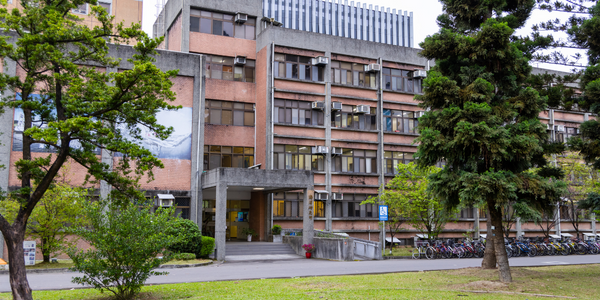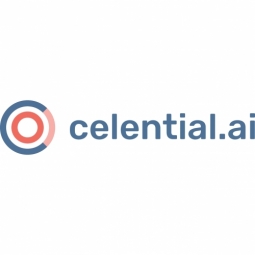Technology Category
- Infrastructure as a Service (IaaS) - Virtual Private Cloud
- Wearables - Virtual Reality Glasses, Headsets & Controllers
Applicable Industries
- Buildings
- Oil & Gas
About The Customer
Monograph is a San Francisco-based productivity software company that was founded in 2016 by a collective of former architects. The company creates intuitive tools to automate practice operations for architecture, landscape, and design firms. Monograph is committed to building a company culture that supports a plurality of diverse backgrounds and perspectives, where team members can openly learn from one another. Despite having a large pipeline of candidates, the company was struggling to find highly skilled and diverse engineering talent that fit their unique culture.
The Challenge
Monograph, a San Francisco-based productivity software company, was facing a significant challenge in expanding its team. Despite having a large pool of potential employees, the company was struggling to find candidates that fit their unique culture. The company, which creates intuitive tools to automate practice operations for architecture, landscape, and design firms, was particularly interested in finding highly skilled and diverse engineering talent. The challenge was further exacerbated by the ongoing pandemic, which made it difficult for Monograph to independently increase the volume of appropriate candidates.
The Solution
To overcome this challenge, Monograph partnered with Celential.ai, which leveraged an AI-driven, human-assisted recruiting approach. Celential utilized their AI-based Virtual Recruiter platform and rich talent graph to match Monograph with skilled candidates with varied backgrounds that perfectly met their needs. The Virtual Recruiter generated automated and highly personalized pitches elaborating the mutual fit between each candidate and the hiring team, and began contacting talent directly on behalf of the CTO. This approach resulted in Monograph receiving their first qualified, interview-ready candidate within two business days since the partnership started. Within one week, Monograph’s desired candidate pool increased from one to 11, and they made two engineering hires from the candidates Celential provided within six weeks.
Operational Impact
Quantitative Benefit

Case Study missing?
Start adding your own!
Register with your work email and create a new case study profile for your business.
Related Case Studies.

Case Study
Taking Oil and Gas Exploration to the Next Level
DownUnder GeoSolutions (DUG) wanted to increase computing performance by 5 to 10 times to improve seismic processing. The solution must build on current architecture software investments without sacrificing existing software and scale computing without scaling IT infrastructure costs.

Case Study
Remote Wellhead Monitoring
Each wellhead was equipped with various sensors and meters that needed to be monitored and controlled from a central HMI, often miles away from the assets in the field. Redundant solar and wind generators were installed at each wellhead to support the electrical needs of the pumpstations, temperature meters, cameras, and cellular modules. In addition to asset management and remote control capabilities, data logging for remote surveillance and alarm notifications was a key demand from the customer. Terra Ferma’s solution needed to be power efficient, reliable, and capable of supporting high-bandwidth data-feeds. They needed a multi-link cellular connection to a central server that sustained reliable and redundant monitoring and control of flow meters, temperature sensors, power supply, and event-logging; including video and image files. This open-standard network needed to interface with the existing SCADA and proprietary network management software.

Case Study
Energy Saving & Power Monitoring System
Recently a university in Taiwan was experiencing dramatic power usage increases due to its growing number of campus buildings and students. Aiming to analyze their power consumption and increase their power efficiency across 52 buildings, the university wanted to build a power management system utilizing web-based hardware and software. With these goals in mind, they contacted Advantech to help them develop their system and provide them with the means to save energy in the years to come.

Case Study
Refinery Saves Over $700,000 with Smart Wireless
One of the largest petroleum refineries in the world is equipped to refine various types of crude oil and manufacture various grades of fuel from motor gasoline to Aviation Turbine Fuel. Due to wear and tear, eight hydrogen valves in each refinery were leaking, and each cost $1800 per ton of hydrogen vented. The plant also had leakage on nearly 30 flare control hydrocarbon valves. The refinery wanted a continuous, online monitoring system that could catch leaks early, minimize hydrogen and hydrocarbon production losses, and improve safety for maintenance.









